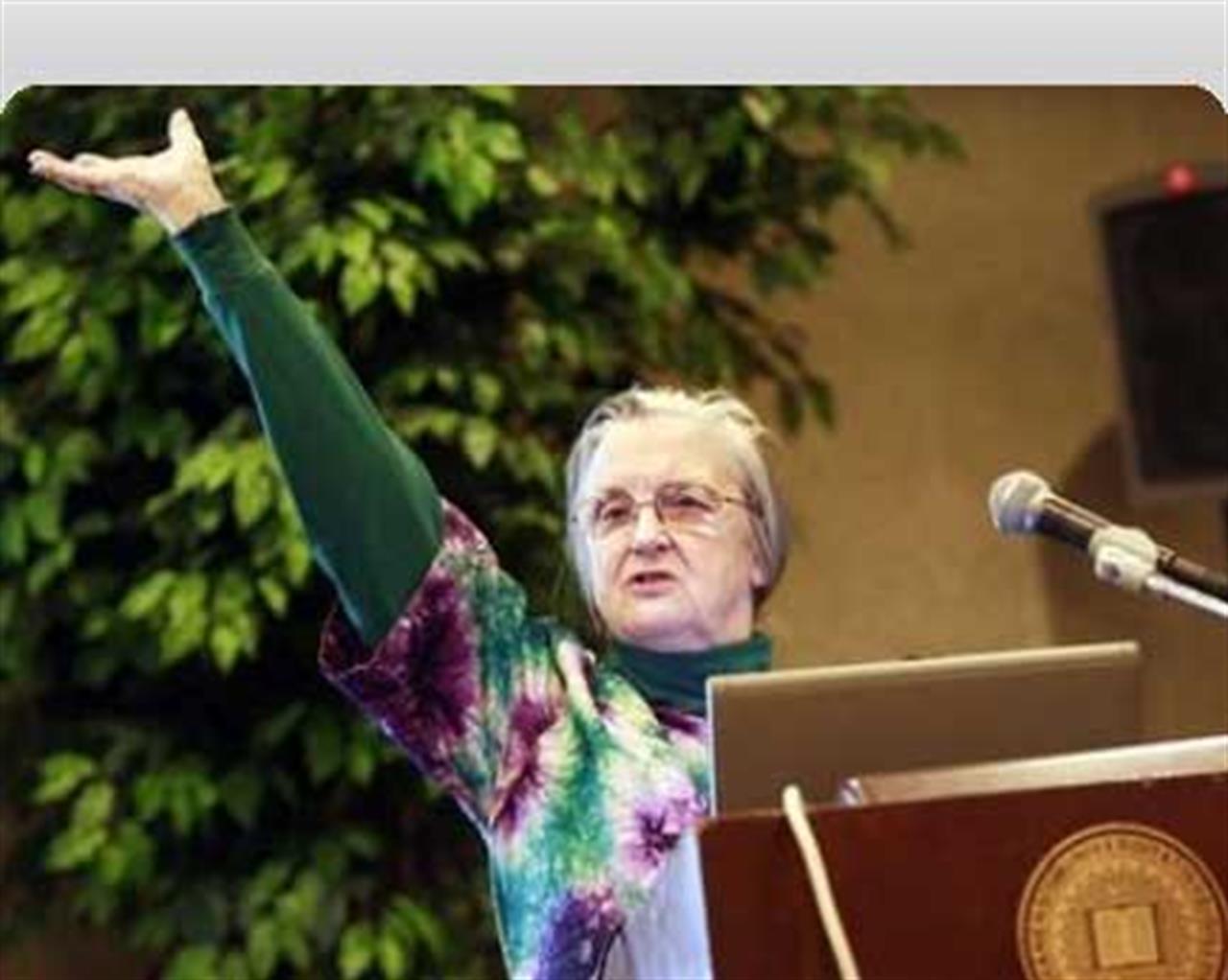Sostenibilità
First post-crisis economy prize highlights social aspects
The Nobel Economy Prize winners are Elinor Ostrom and Oliver Williamson

Elinor Ostrom, 76, known for her work on the management of common resources, is the first woman to win a Nobel prize in economics. She shares this year’s prize with Oliver Williamson, 77, who pioneered the study of how and why companies structure themselves and how they resolve conflicts.
Monday’s final prizes of 2009 capped a year in which a record five women won Nobels.
The Royal Swedish Academy of Sciences said it chose Ostrom and Williamson for work that “advanced economic governance research from the fringe to the forefront of scientific attention.” They will share the $1.4 million prize.
Ostrom showed how common resources – forests, fisheries, oilfields, grazing lands and irrigation systems – can be managed successfully by the people who use them, rather than by governments or private companies.
“What we have ignored is what citizens can do and the importance of real involvement of the people involved – as opposed to just having somebody in Washington … make a rule,” Ostrom, a political scientist at Indiana University, said during a brief session with reporters in Bloomington, Ind.
Williamson, an economist at the University of California, Berkeley, focused on how companies and markets differ in resolving conflicts. He found that companies are typically better able than markets to resolve conflicts when competition is limited, the citation said.
The academy did not specifically mention the global financial crisis. But many of the problems at the heart of it – bonuses, executive compensation, risky and poorly understood securities – involve a perceived lack of oversight.
Elinor Ostrom says it’s an honor to be the first woman to win a Nobel Prize in economics – and she promises she won’t be the last.
Source: www.ap.org
17 centesimi al giorno sono troppi?
Poco più di un euro a settimana, un caffè al bar o forse meno. 60 euro l’anno per tutti i contenuti di VITA, gli articoli online senza pubblicità, i magazine, le newsletter, i podcast, le infografiche e i libri digitali. Ma soprattutto per aiutarci a raccontare il sociale con sempre maggiore forza e incisività.
